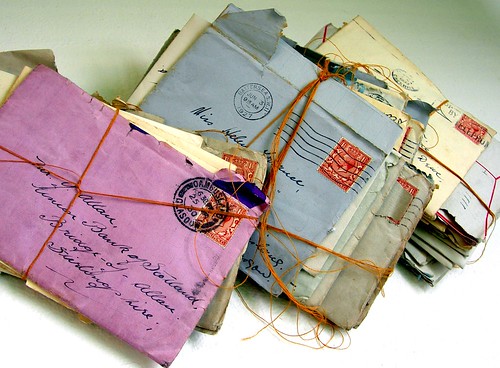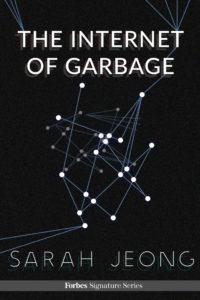 This has been one hell of a week. I suspect there will be many more like it. The bad news is that we’re this close to a coup led by nihilistic Nazi, Steve Bannon. The good news is that a lot of people are taking to the streets. We are not alone. We are not accepting this. We are paying attention.
This has been one hell of a week. I suspect there will be many more like it. The bad news is that we’re this close to a coup led by nihilistic Nazi, Steve Bannon. The good news is that a lot of people are taking to the streets. We are not alone. We are not accepting this. We are paying attention.
So what a weird time to start up a newsletter, eh? I don’t know about you, but I’m feeling as if I’m dog-paddling as fast as I can in a fast-running current of massive amounts of information. I probably shouldn’t add to it.But still, I had decided to try something new starting this month – or more accurately something really old, having a newsletter that’s delivered by email. My plan is to share a small handful of things I read during the month. Consider it “things I found on the internet when I should have been working.”
It’s curious that communicating by email has become a thing again. News organizations all seem to be promoting email digests, and I know several former bloggers who are using TinyLetter, perhaps because blogs have lost their luster once a few big players took over the social internet. I decided not to use TinyLetter after reading their privacy policy. We’ll see if this WordPress plugin (which has the charmingly direct name “Newsletter“) does the trick. (I promise not to use your email for any reason at all other than delivering this once a month or less.) It also remains to be seen whether anyone really wants more email, given so much of our day is given up to deleting the stuff that bombards us and yearning for the mythical inbox zero.
 This brings me to my first item, a short book I read this month, Sarah Jeong’s The Internet of Garbage which unfortunately can’t be borrowed easily from your library – it’s only available as an ebook. And Forbes owns the copyright, which is kind of weird. But she makes an interesting point: a huge amount of the work that goes on behind the scenes is taking out the internet garbage, the spam, the malware, the bot-generated crud, and of course the human-generated trash. That’s the real gist of the book – why we have online harassment and what we can do about it. If you aren’t that interested in downloading it from iTunes or Amazon, she did a number of talks and interviews about it that are worth a read, including this one from The (late lamented) Toast. But I’m bummed I can’t put a copy on my library’s shelves.
This brings me to my first item, a short book I read this month, Sarah Jeong’s The Internet of Garbage which unfortunately can’t be borrowed easily from your library – it’s only available as an ebook. And Forbes owns the copyright, which is kind of weird. But she makes an interesting point: a huge amount of the work that goes on behind the scenes is taking out the internet garbage, the spam, the malware, the bot-generated crud, and of course the human-generated trash. That’s the real gist of the book – why we have online harassment and what we can do about it. If you aren’t that interested in downloading it from iTunes or Amazon, she did a number of talks and interviews about it that are worth a read, including this one from The (late lamented) Toast. But I’m bummed I can’t put a copy on my library’s shelves.
danah boyd is always worth reading and her post, “Why America is Self-Segregating” is no exception. Diversity is a Good Thing, but everything in our social fabric – not just the centrifugal force of personalized tech but the ways we’ve privatized the things that once bound us together – seems to be pulling us apart. I think her message has particular resonance for librarians:
If we want to develop a healthy democracy, we need a diverse and highly connected social fabric. This requires creating contexts in which the American public voluntarily struggles with the challenges of diversity to build bonds that will last a lifetime.
Since this is one of the purposes and core values of libraries, we have a small but generally well-regarded place in our local communities where we can do this work. And we should.
In Scientific American, Jesse Emspak explains “How a Machine Learns Prejudice.” The deck: “Artificial intelligence picks up bias from human creators—not from hard, cold logic.” It’s a clear and interesting explanation of how machines learn, and why that entails learning (literally) from our mistakes.
Among a number of interesting pieces in a Chronicle of Higher Education “Post Truth” issue is an essay by Safiya Noble on how Google has boosted misinformation to people like Dylan Roof who queried the search engine before massacring using a secret proprietary system that is both influential and without accountability.
And finally, because we are librarians, we organize stuff and we share resources. Here’s a terrific living document, #LibrariesResist Resource List. If we support intellectual freedom, critical thought, science, inclusiveness, the public good – any or all of the above – we are by definition part of the resistance.
See you at the barricades.